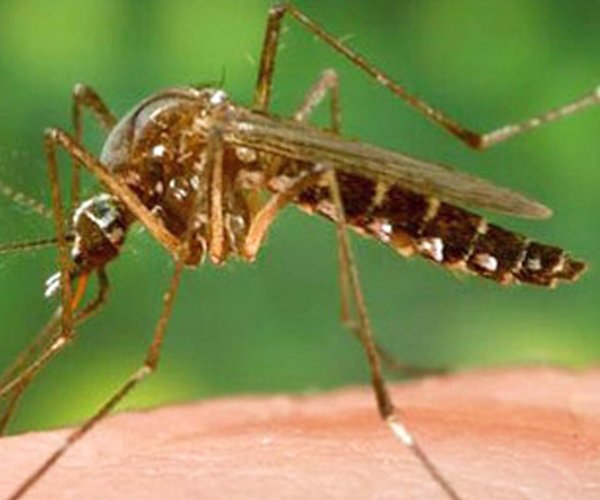This week the 209 Podcast visited University of California, Merced to speak with two of their professors, Dr. Juris Grasis and Dr. Jenny Howell, about the coronavirus pandemic.
UC Merced experts share insight on COVID-19 pandemic





